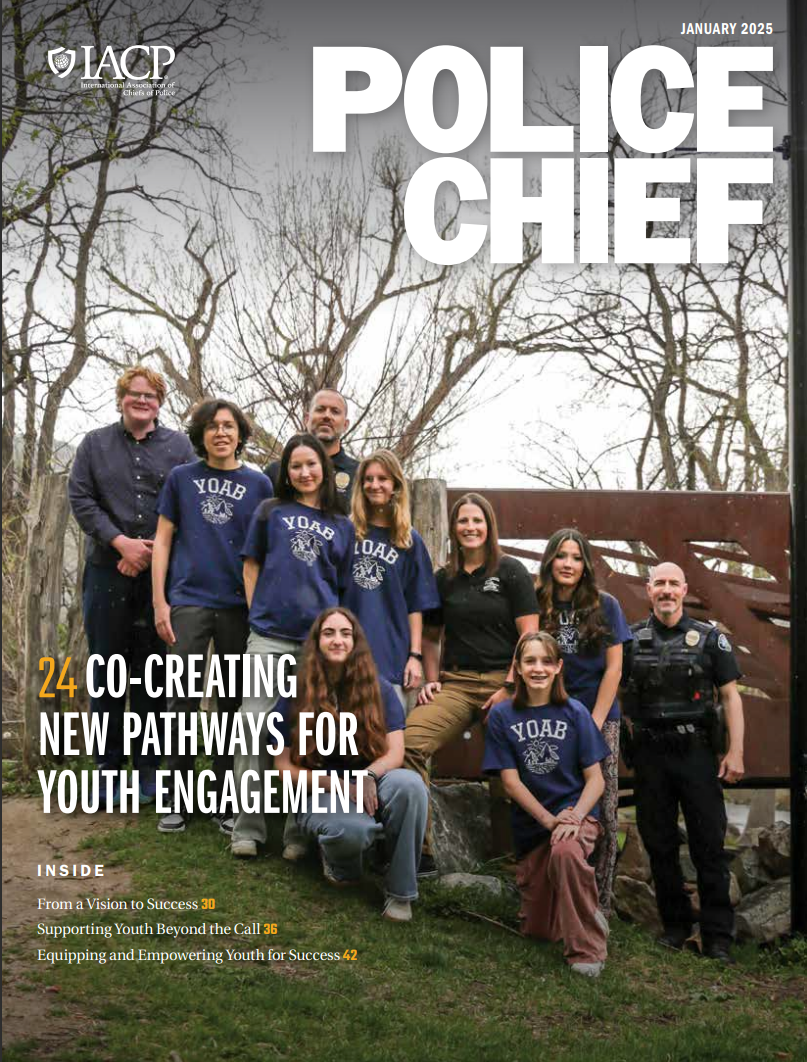 Over the last nine years, we have witnessed terrorist attacks throughout the world. In places like Madrid, Morocco, Saudi Arabia, Iraq, Indonesia, Northern Ireland, Russia, the Philippines, Israel, and India, innocent civilians have been slaughtered in mass casualty attacks. These attacks were perpetrated by a variety of terrorist organizations, operating in multiple countries, using a broad array of tactics, and motivated by vastly different causes. These attacks have clearly demonstrated that terrorism is a problem that is not limited to one culture, one country, or even one region of the world.
Over the last nine years, we have witnessed terrorist attacks throughout the world. In places like Madrid, Morocco, Saudi Arabia, Iraq, Indonesia, Northern Ireland, Russia, the Philippines, Israel, and India, innocent civilians have been slaughtered in mass casualty attacks. These attacks were perpetrated by a variety of terrorist organizations, operating in multiple countries, using a broad array of tactics, and motivated by vastly different causes. These attacks have clearly demonstrated that terrorism is a problem that is not limited to one culture, one country, or even one region of the world.
At the same time, the hard work and dedication of law enforcement and security officials throughout the world has resulted in the detection, disruption, and apprehension of numerous terrorists before they could strike. Each one of these arrests undoubtedly saved lives and made our communities safer.
These attacks, and attempted attacks, have also driven home a critical message to the world’s law enforcement community: effectively combating terrorism poses a significant and difficult challenge for our profession, for although the primary mission of law enforcement agencies has always been to ensure public safety, the specter of international terrorism has dramatically and significantly changed the focus of law enforcement operations. Law enforcement is fighting a new battle and must move beyond its traditional method of operation. We must now make sure that our law enforcement agencies and officers are prepared to combat not only criminals but also terrorists.
The keys to success in this battle are cooperation, communication, and intelligence sharing. Protecting potential targets will not stop terrorism; it will only force the terrorists to find other, less-protected targets. Society cannot invest enough resources to protect everything, everywhere, at all times. No matter how hard we try to protect people, places, and events, there will always be soft targets available for terrorists to attack.
To put it simply, stopping terrorism has very little to do with controlling access or the thickness of our concrete barricades. Defeating terrorism requires going after terrorists and taking their groups apart before they can strike. This can only be accomplished if law enforcement agencies throughout the world establish effective intelligence sharing and working relationships with one another. For far too long, efforts to combat crime and terrorism have been handicapped by jurisdictional squabbles and archaic rules that prevented us from forging cooperative working relationships with our counterparts around the globe. This must end.
IACP has been fully invested in information sharing. In March 2002, we hosted a summit on criminal intelligence sharing that was the precursor of the Criminal Intelligence Coordinating Council and the National Intelligence Sharing Plan introduced by the Department of Justice. We continued those efforts in 2007 with our National Summit on Intelligence. That report concluded that, although state, local, and tribal law enforcement agencies have made great strides in their ability to share intelligence, obstacles remained that prevented agencies from gaining the full benefits of intelligence sharing. The report concluded that obstacles to full participation could result in alarming gaps in the intelligence that guides our homeland security and crime-fighting efforts.
In July 2009, IACP, along with our partners in the information-sharing arena, convened a strategic-planning session focused on enhancing law enforcement’s intelligence capability in order to take a step beyond the foundational summit reports and recommendations to establish a meaningful action agenda for state, local, and tribal law enforcement with two distinct ends:
- To enhance law enforcement’s engagement in information sharing
- To expand utilization of fusion centers
In addition, in January, the IACP released a report, prepared by the IACP Homeland Security Committee, called Razing Expectations. The report focuses on the value that fusion centers bring to law enforcement agencies at all levels of government and the vital role that they can play in not only thwarting terrorism but in fighting traditional acts of crime and violence. In setting forth a strategic vision for fusion centers, the report makes three critical recommendations. Fusion centers should do the following:
- Act as principal intelligence enterprise nodes to network states to each other and act to network state, local, and tribal law enforcement; homeland security; and public safety entities to each other and the federal government
- Harness and apply the collective knowledge of their constituents to address issues related to threat and risk
- Assume the leading role in information-sharing initiatives related to law enforcement, homeland security, and public safety issues
It is clear through these efforts that IACP remains committed to ensuring that law enforcement agencies throughout the United States and the world have the ability to identify, analyze, and, most importantly, share critical criminal and terrorism-related information. Only by fully embracing the need for information sharing can we overcome the barriers that have hindered our past efforts and ensure that our agencies and our officers have the information they need to protect our citizens from harm.♦
Please cite as
Michael J. Carroll, “Information Sharing Is Key to Fighting Terrorism,” President’s Message, Police Chief 77, no. 2 (February 2010): 6.


